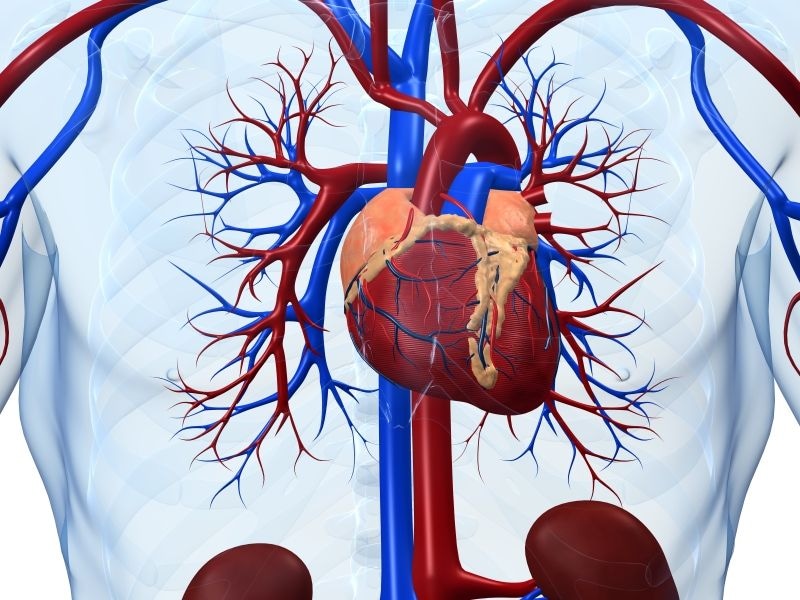Difference between patients with surgically repaired, unrepaired VSDs versus controls increased with age
FRIDAY, Sept. 25, 2020 (HealthDay News) — As they get older, patients with surgically closed or unrepaired congenital ventricular septal defects (VSDs) have poorer exercise capacity than their healthy peers, according to a study published online Sept. 23 in the Journal of the American Heart Association.
Marie Maagaard, M.D., Ph.D., from Aarhus University Hospital in Denmark, and colleagues conducted a study involving 30 patients with surgically closed VSDs (51 ± 8 years) and 30 matched healthy controls (52 ± 9 years) as well as 30 patients with small unrepaired VSDs (55 ± 12 years) and 30 matched controls (55 ± 10 years). All patients underwent cardiopulmonary exercise testing using an incremental workload protocol and noninvasive gas measurement.
The researchers found that participants with closed VSDs and those with unrepaired VSDs had lower peak oxygen uptake than matched controls. Compared with the respective control groups, patients demonstrated lower oxygen uptake from exercise levels at 20 percent of maximal workload. Patients with surgically closed VSDs had lower peak ventilation than controls, while levels were similar for patients with unrepaired VSDs and controls. Older patients with surgically closed VSDs had 29 percent lower exercise capacity than healthy peers, while younger patients had 18 percent lower capacity. For patients with unrepaired VSDs, exercise capacity was 21 and 17 percent lower for older and younger patients, respectively, versus controls.
“Our novel findings warrant attention for aging patients with congenital VSDs and suggest continuous follow-up in specialized cardiology clinics,” the authors write.
The study was partially funded by the Novo Nordisk Foundation.
Copyright © 2020 HealthDay. All rights reserved.








